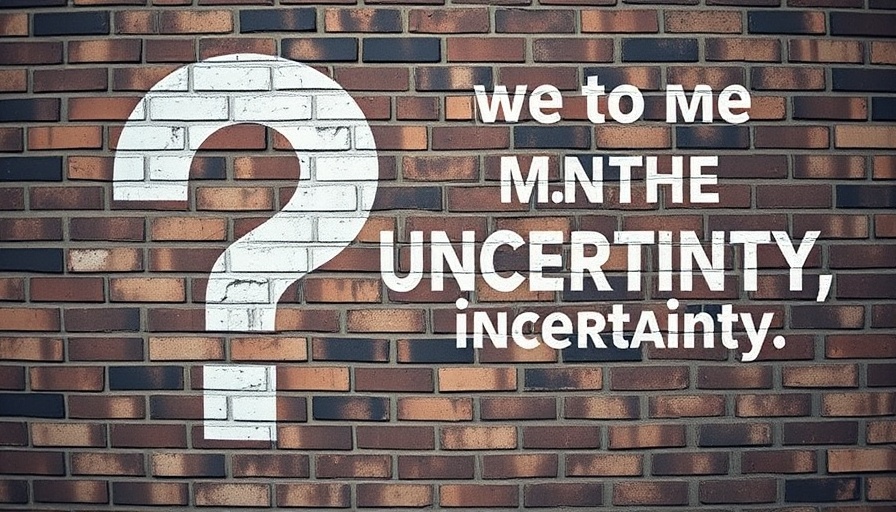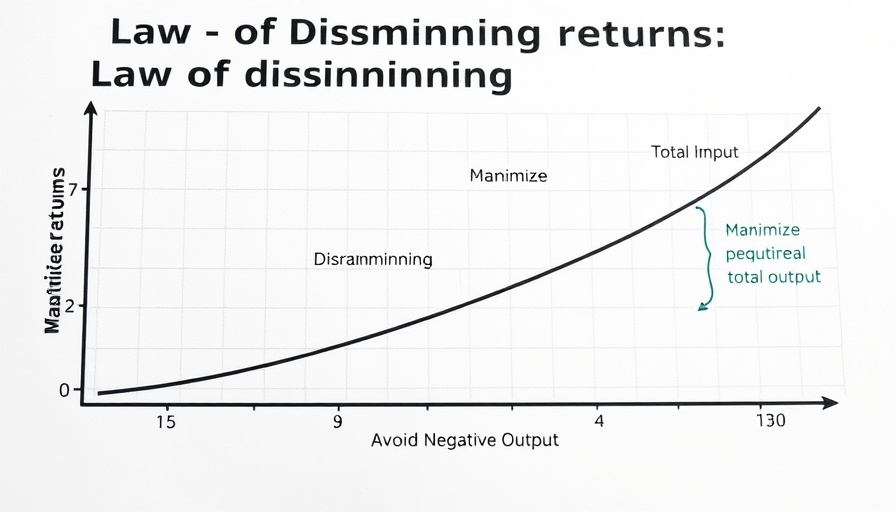
Understanding the Nature of Uncertainty
In a rapidly changing world, feelings of uncertainty can creep into various areas of our lives, leaving us anxious and uncertain about the future. Whether it’s confronting novel health issues, navigating shifts within our careers, or experiencing changes in personal relationships, the sensation of not knowing can be overwhelming.
Uncertainty is not solely a product of outside influences; much of it stems from our perceptions about control and predictability. We want to feel secure about what tomorrow brings, yet life is inherently unpredictable. The key is recognizing that uncertainty is a normal part of the human experience. If acknowledged, it can transform from a source of fear into an opportunity for growth and exploration.
Six Strategies to Manage Uncertainty Effectively
Finding effective ways to cope with uncertainty is essential for maintaining mental health and improving overall wellbeing. Below are six actionable tips to help you through uncertain times:
1. Embrace Your Emotions
It’s vital to acknowledge how you feel in moments of uncertainty. Allowing yourself to fully experience sadness, anxiety, or frustration can provide a release, preventing emotional bottling. Journaling, meditation, or talking to friends can help process these emotions and foster understanding.
2. Focus on What You Can Control
Drift away from focusing on the uncontrollable. Instead, shift your energy toward actionable steps that you can take. For instance, if dealing with job loss, actively updating your resume and networking can redirect your mindset toward regeneration and renewal.
3. Foster a Growth Mindset
Cultivating a growth mindset allows you to view challenges as opportunities to learn rather than obstacles. This shift in perspective can empower you to tackle environments of uncertainty with resilience and creativity.
4. Seek Support Networks
You don’t have to face uncertainty alone. Join support groups, community organizations, or online forums where individuals share similar experiences. Such spaces foster motivation and connection, reminding you that others navigate uncertainty, too.
5. Practice Mindfulness
Mindfulness techniques, including meditation and focused breathing, can ground you in the present moment, lessening feelings of anxiety. By tuning into your thoughts and feelings without judgment, you create a mental space for clarity.
6. Set Realistic Goals
Small, achievable goals can help create a roadmap in uncertain times. Whether it's dedicating a few hours each week to learn a new skill or reaching out to a friend, these small actions can provide a sense of accomplishment.
Real-Life Examples
People in Alberta have faced unprecedented challenges over the past few years, from economic shifts to the impacts of a global pandemic. In this context, many have discovered newfound resilience and adaptability. For instance, a local entrepreneur shared her journey of pivoting her small business model during the lockdown, emphasizing the importance of flexibility and innovation amid uncertainty.
Looking Ahead: Embracing Uncertainty as a Path to Growth
While we may want clarity, it is in times of uncertainty that we often find our greatest strengths. As we navigate through life’s unpredictability, prioritizing personal growth and learning can not only bolster our self-confidence but also equip us for future challenges.
Taking Action and Moving Forward
It is crucial to approach uncertainty not with dread but as a dynamic part of our life's journey. By adopting effective coping strategies, we not only improve our present scenarios but prepare ourselves for the future. Don’t let uncertainty paralyze you; instead, take proactive steps through self-improvement and community engagement.
For those interested in diving deeper and developing further coping strategies in life's uncertainty, consider downloading the free ebook available for broader insights.
 Add Row
Add Row  Add
Add 




Write A Comment